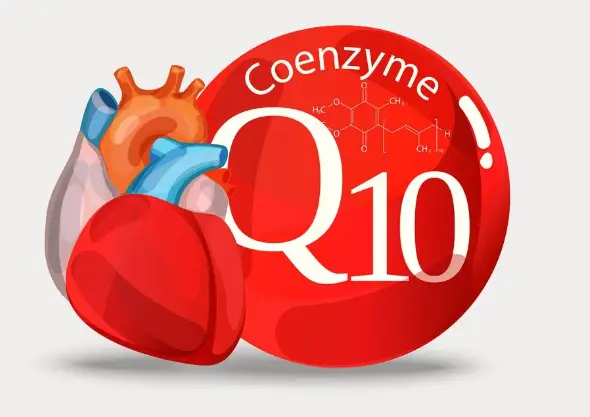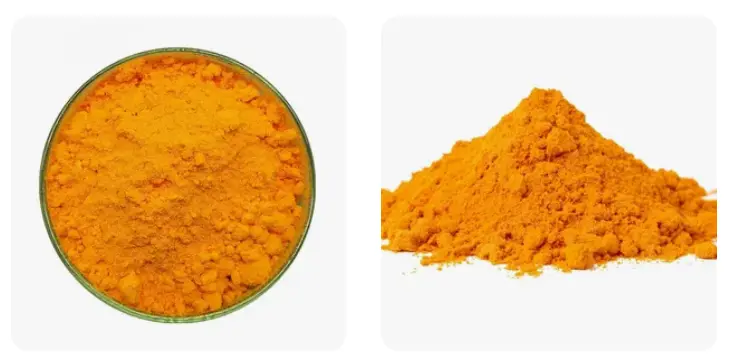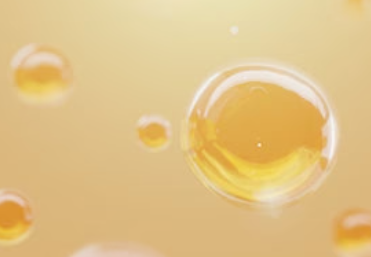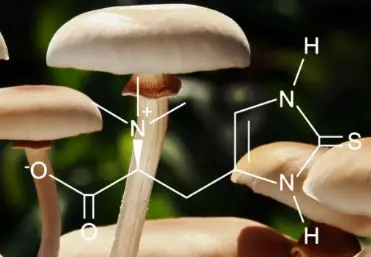Who Should Avoid Coenzyme Q10?
Coenzyme Q10is an anthracycline compound, also known as ubiquinone 10, which is a fat-soluble substance, similar to vitamins, and widely exists in the human body. The total content of Coenzyme Q10 in the human body is 500-1500 mg, which is mainly involved in the respiration of aerobic cells. It is a very important substance in the process of mitochondrial energy metabolism and maintains the normal physiological activities of various cells. Therefore, Coenzyme Q10 is more distributed in organs with high energy consumption, such as heart, liver and kidney, among which the concentration in the heart is the highest.
What is the recommended dose of Coenzyme Q10?
At present, CoQ10 is available in both medicine and health food. The recommended dosage of CoQ10 as a health food varies greatly in different parts of the world. The recommended dose in China is 30-50 mg/d.
In general, the safety of Coenzyme Q10 is relatively good, and there are few adverse reactions after taking Coenzyme Q10. However, adverse reactions such as loss of appetite, nausea, diarrhea, palpitations, and rash may also occur after taking Coenzyme Q10 in large doses every day.

Who needs Coenzyme Q10 supplementation?
For most ordinary people, the amount of self-synthesized coenzyme Q10 is large enough and will be supplemented in their daily diets, so people who have a balanced diet and are not picky eaters or partial eaters will not have problems with coenzyme Q10 deficiency, but the following groups of people can supplement coenzyme Q10 appropriately.
1. Middle-aged and elderly people: the content of coenzyme Q10 in the human body peaks in the 20s and decreases rapidly after the age of 40. If the consumption of animal liver, red meat is also gradually reduced, when it is difficult to ensure that the daily intake of coenzyme Q10 from the diet, can be appropriate supplementation.
2. People who exercise a lot: People who exercise a lot will consume a lot of coenzyme Q10 while consuming a lot of energy, which may lead to a shortage of coenzyme Q10 and can be supplemented in moderation.

3. Cardiovascular disease and hepatitis patients: patients suffering from cardiovascular disease and hepatitis can take Coenzyme Q10 as an auxiliary treatment.
4. Cancer patients: taking coenzyme Q10 can reduce certain adverse reactions caused by radiotherapy and chemotherapy.
5. Patients taking statin drugs: For patients taking statin drugs (e.g. Atorvastatin, Rosuvastatin, Pitavastatin, Simvastatin, etc.), the level of Coenzyme Q10 in the body may be reduced, and it is not enough to meet the body's needs through daily diet, so additional supplementation of Coenzyme Q10 can be considered.
Who Should Avoid Coenzyme Q10?
1. Pregnant and lactating women:
Pregnant women have a large change in physiological state during pregnancy and taking Coenzyme Q10 may have unknown effects on the fetus.
When taken by breastfeeding women, Coenzyme Q10 may be passed through breast milk to infants, who have immature liver and kidney functions that make it difficult for them to process these foreign substances, which may trigger adverse reactions.
2. People taking anticoagulant drugs:
Coenzyme Q10 has the effect of thinning the blood and reducing blood viscosity, and combining it with anticoagulant drugs (e.g., warfarin) may increase the risk of bleeding, especially before and after surgery or if there is a risk of bleeding.
3. Allergy:
Individuals may be allergic to Coenzyme Q10 or its excipients, which manifests itself in symptoms such as rash, itching, and difficulty breathing, and in severe cases may trigger anaphylaxis.
4. Children and adolescents:
Children and adolescents are developing physically and have adequate levels of Coenzyme Q10 in their bodies, which can be met by a balanced diet without additional supplementation.
Sost Biotech: Your Trusted CoQ10 Supplier
While CoQ10 offers significant health benefits for eligible users, quality matters. Sost Biotech specializes in manufacturing pharmaceutical-grade CoQ10 (ubiquinone and ubiquinol forms) with:
-
99.9% Purity: Third-party tested for heavy metals, solvents, and microbial contaminants.
-
Global Certifications: ISO 9001, NSF-GMP, and Halal/Kosher compliance.
-
Custom Formulations: Softgels, powders, and water-soluble formats for enhanced bioavailability.

Contact us today for competitive pricing and OEM solutions.
Contact us
References
-
Hidaka T., et al. (2014). "Effects of CoQ10 on Warfarin Pharmacodynamics." Journal of Clinical Pharmacy and Therapeutics. DOI: 10.1111/jcpt.12145.
-
Rosenfeldt F., et al. (2007). "Coenzyme Q10 in Hypertension." Hypertension Research. DOI: 10.1291/hypres.30.775.

 Food Additives
Food Additives









